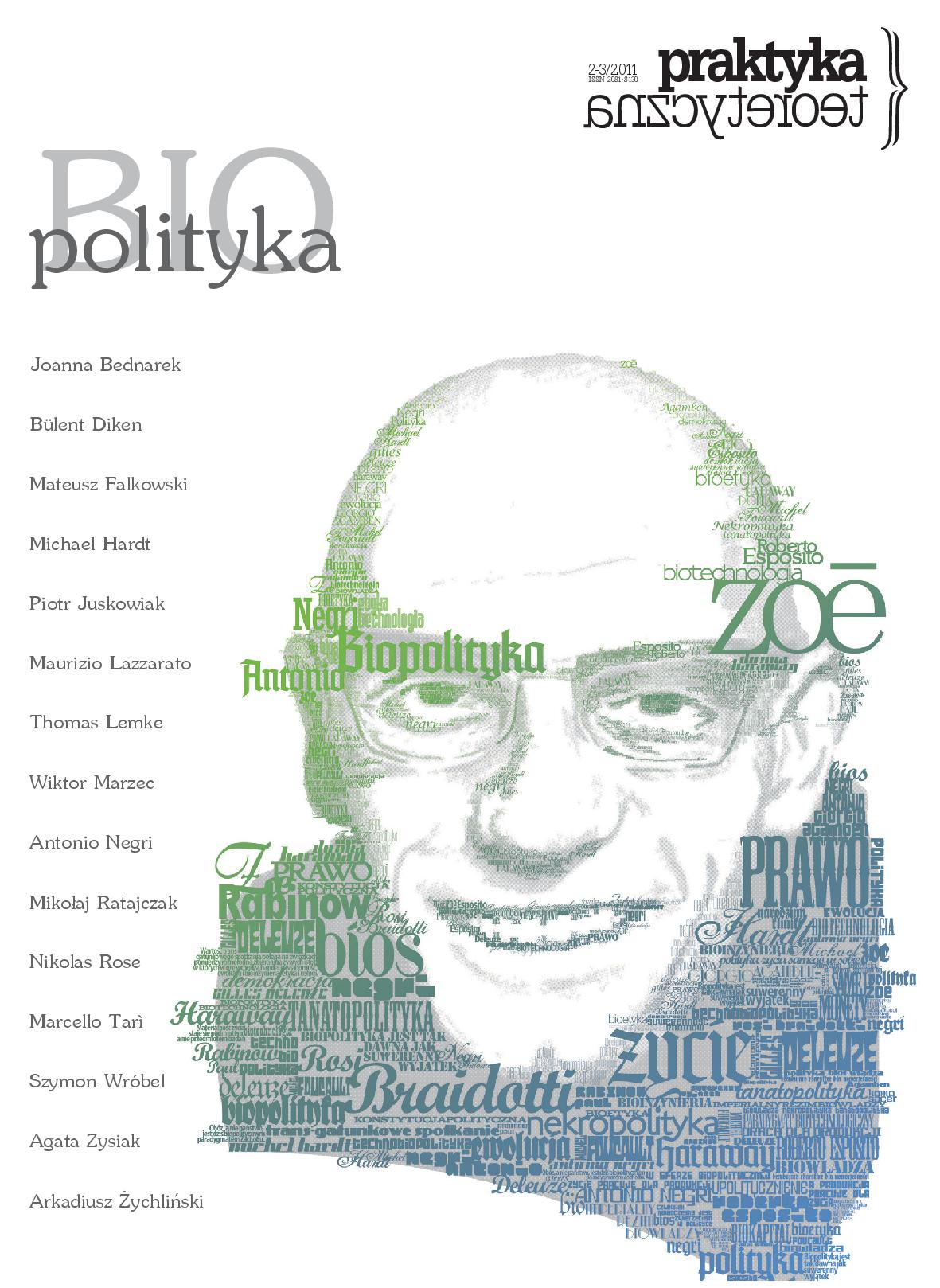Kto ma prawo do biopolis? Agamben, Negri i spór o metropolie
Who Has a Right to Biopolis? Agamben, Negri and the Dispute on Metropolis.
Author(s): Piotr JuskowiakSubject(s): Social Sciences
Published by: Uniwersytet im. Adama Mickiewicza w Poznaniu
Keywords: camp; multitude; metropolis; biopolis; right to the city; profanation; Agamben; Hardt; Negri
Summary/Abstract: In a lecture dedicated to “the urban question”, Giorgio Agamben characterized modern spatial transformations in terms of moving from the city, as a traditional form of spatial organization, to the metropolis. This process coincides, according to the Italian philosopher, with the birth of modern biopolitics, specialized in producing and managing the bare life. Agamben’s metropolis is a space of indistinction, another materialization (beside camp) of state of exception, an area of delocalizing localization, associated by representatives of the urban studies with a neoliberal city of zero tolerance. Negative analysis of (urban) biopolitics by Agamben has its reverse side in form of metropolis theory formulated by Antonio Negri and Michael Hardt. A similar starting point – a description of the metropolis exposed to the mechanisms of biopower, an assumption of its boundlessness and heterotopic character, an abolishment of dixerence between private and public space - leads them to the contrary, armative, due to the dixerent approach of biopolitics, conclusions. According to Negri, the metropolis is to the multitude what the factory was to the industrial working class. Multitude usually takes place in urban areas, aiming at their democratic transformation. It fills the empty space after the working class - urban actor privileged by Henri Lefebvre - and takes over the right to the city, carried out in acts of its constant reproduction. The article aims at highlighting points of intersection and fundamental differences presented in both visions of biopolis. It argues that biopolitical resistance, linked to the cultural productivity of urban subject, involves the creation of place in Agambenian non-place of sovereign power.
Journal: Praktyka teoretyczna
- Issue Year: 2011
- Issue No: 03
- Page Range: 107-124
- Page Count: 18
- Language: Polish

